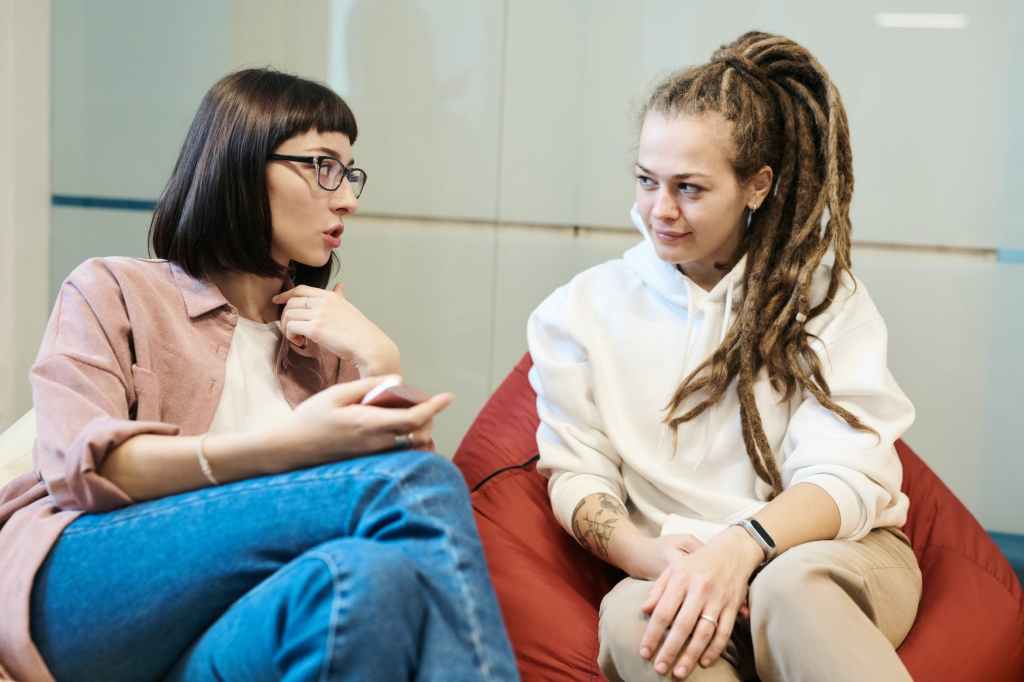My understanding of artist support and all the nuances of it come from three different angles:
- Being Supported
- Giving Support
- Organising Support
I work as a mentor and run artist development and support groups. I have mentoring and coaching and have done so for many years. I have worked in or alongside organisations offering support and researching support needs.
Each different form of artist support has vastly different character and issues. In this post I will offer some thoughts on what I find is most useful for Being, Giving, and Organising support.

Being Supported
We all need support in our creative practice but we don’t always know what support we need. We don’t always need the kind of support that is on offer, although often we take it because it’s there, but sometimes the support is ineffective or even counterproductive. What do we need to do to be supported effectively? The starting point, and perhaps the hardest bit, is understanding what it is we need. Do we need more training or marketing skills or do we need to talk to someone who understands our creative practice? It is often trial and error that helps us work out what support we actually need and how to ask the right questions of ourselves and from our supporters. For me, the key support structure is conversations either as a formal mentoring, coaching or peer groups of other artists. In all of these, the artist gets out only as much as they put in. We have to approach conversations with an open mind, with curiosity and a desire to learn about ourselves, not seeking the answers or to be told what someone else thinks you should do. There’s enough of that out there, but the key is to find your own answers, or at least find the right direction towards the answers.
Giving Support
Mentoring and supporting creatives is one of the most rewarding parts of my work. I find it both stimulating and exhausting. Being trusted to go alongside an artist in their creative journey is a great honour but it involves a lot of learning, self-reflection, revising and reworking. Supporting others takes quite a lot out of you. Having a group of others doing similar work is incredibly helpful in decompressing, sharing ideas, getting feedback on approaches and feeling like a professional. There is no training or development structure for artist mentoring. I both love and hate this. I like the freedom it brings for me, and others, to develop this strand of work and see how it develops rather than taking a course and getting accredited beforehand. On the other side, it worries me that there is no consistency, no way for artists to know if you are any good before they work with you. We choose the training or development we want but there isn’t anything specific to mentoring artists and that feels like a gap I want to work on.

Organising Support
Our group conversations and others I have with artists and organisers show that the majority of support available from organisations is functional. Training and how-to-do things predominates, not the softer and less easily defined areas of WHY. There comes a point where learning how to market on Pinterest is a waste of time if the artist isn’t clear why they are marketing at all and what message they want to be sending out into the world. Training is generally pretty focussed on early career and beginner level, with more established artists finding that there isn’t the space for them to learn and develop either in the practical skills or in the wider reflective practice. Organisations need to look at what they are offering as support and seeing if there are wider and more nuanced ways of supporting the artists in their ecosystem, beyond practical training.


Leave a comment